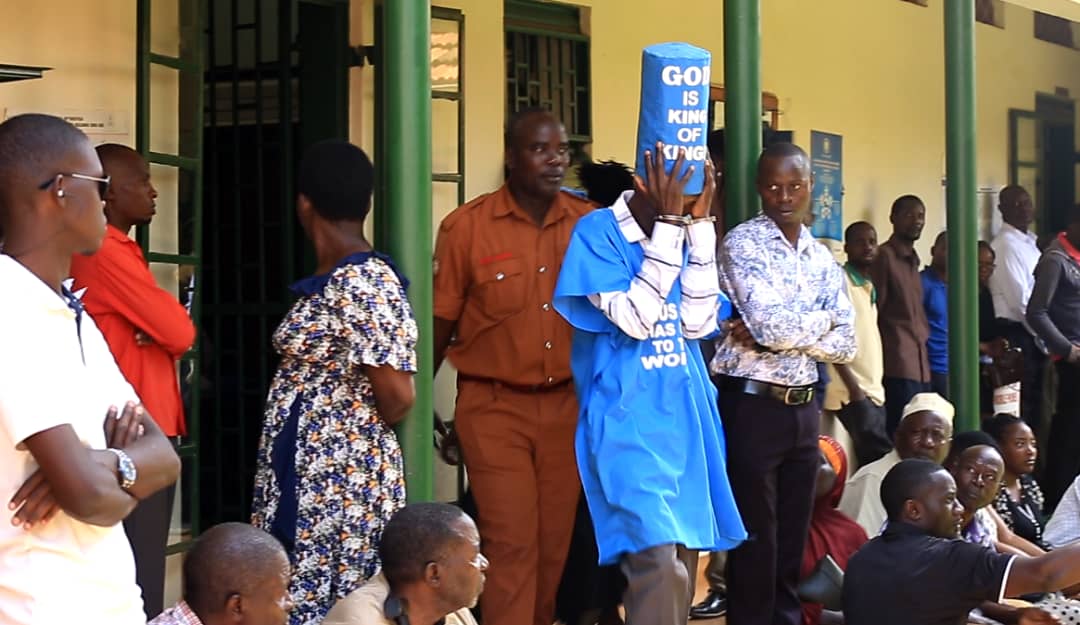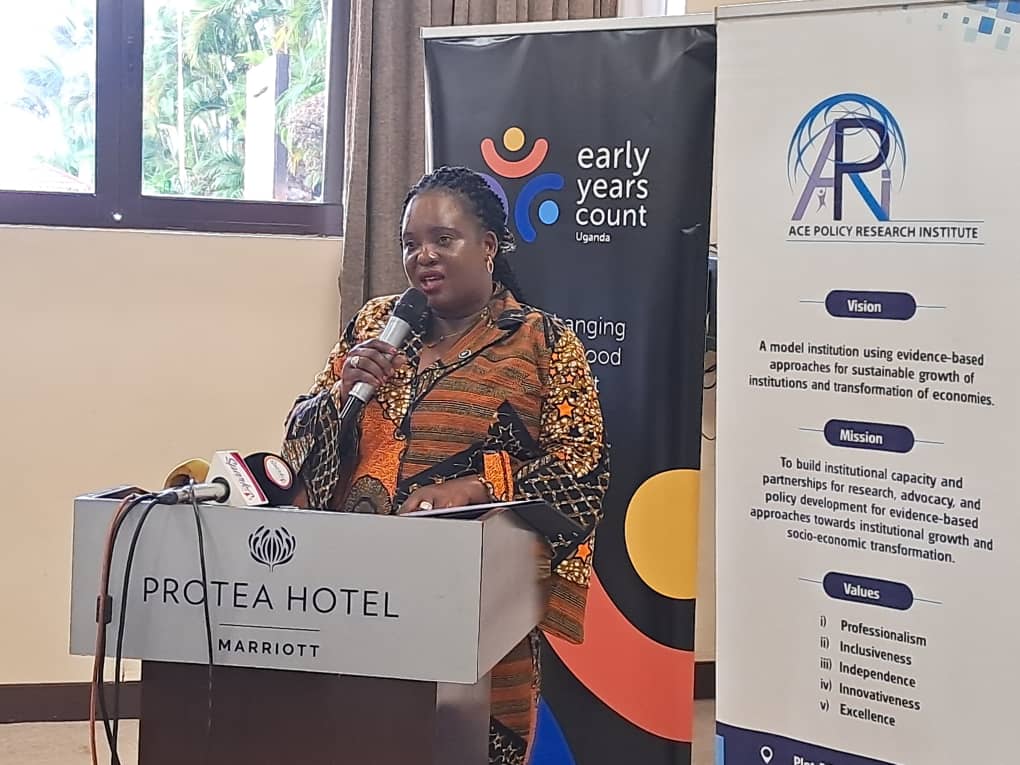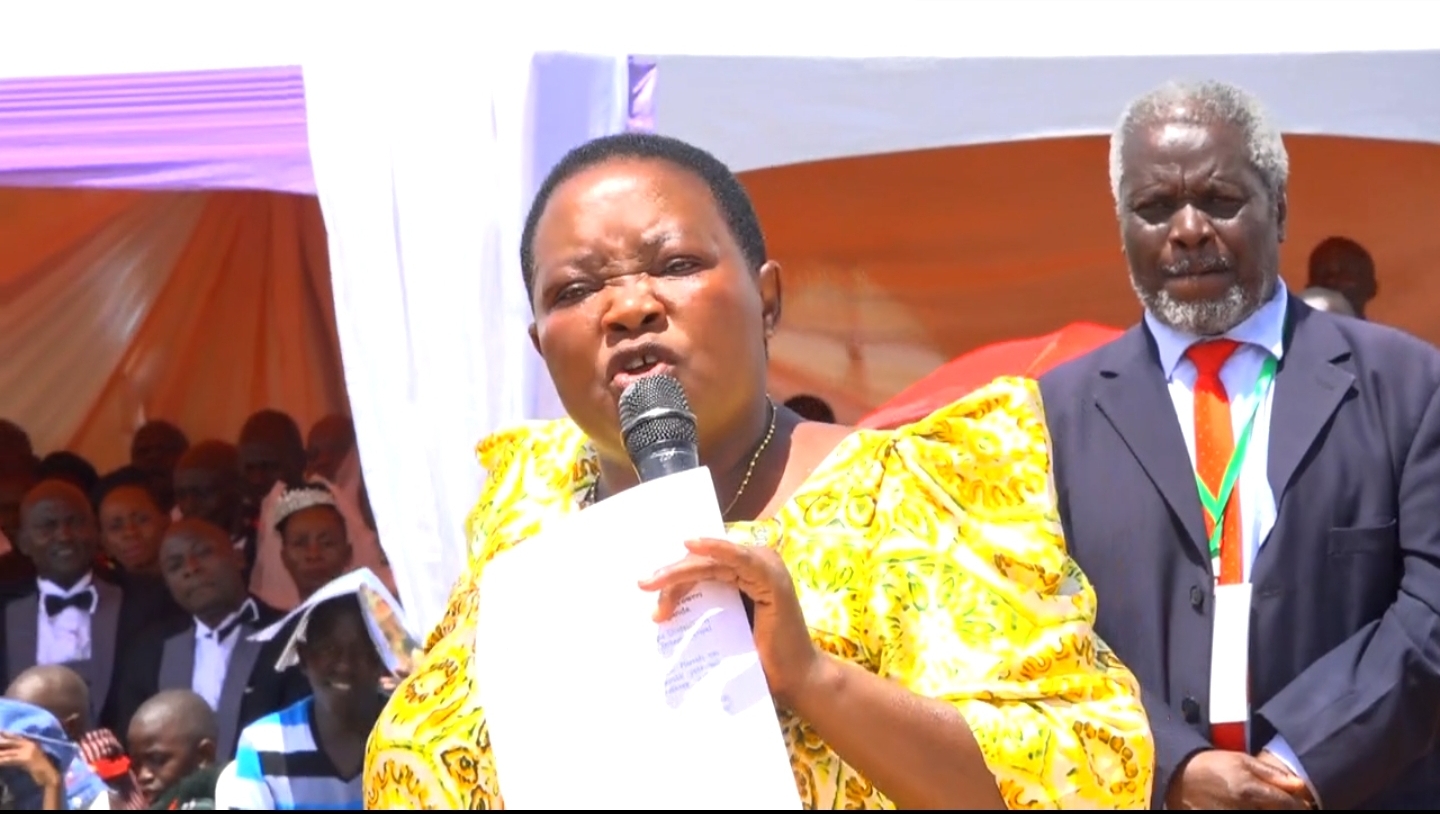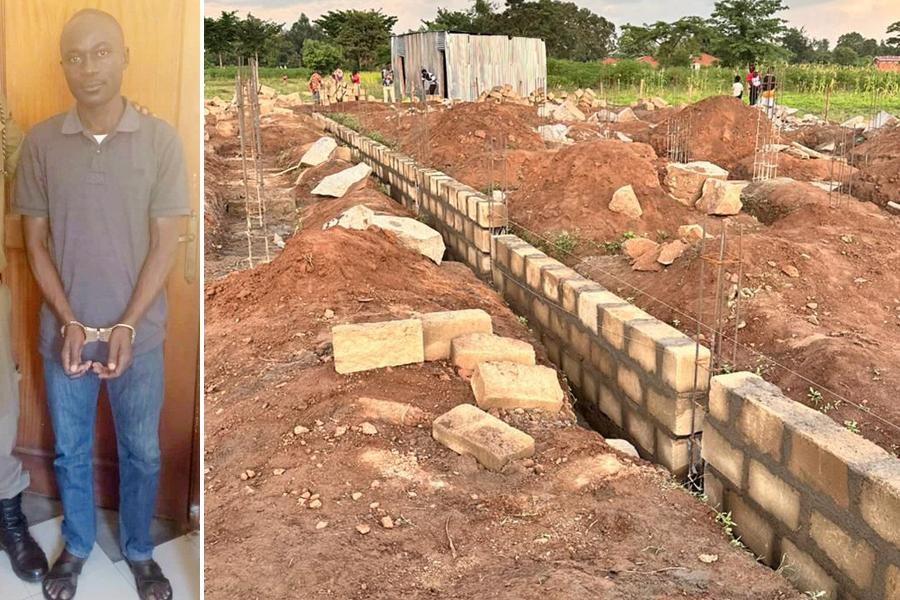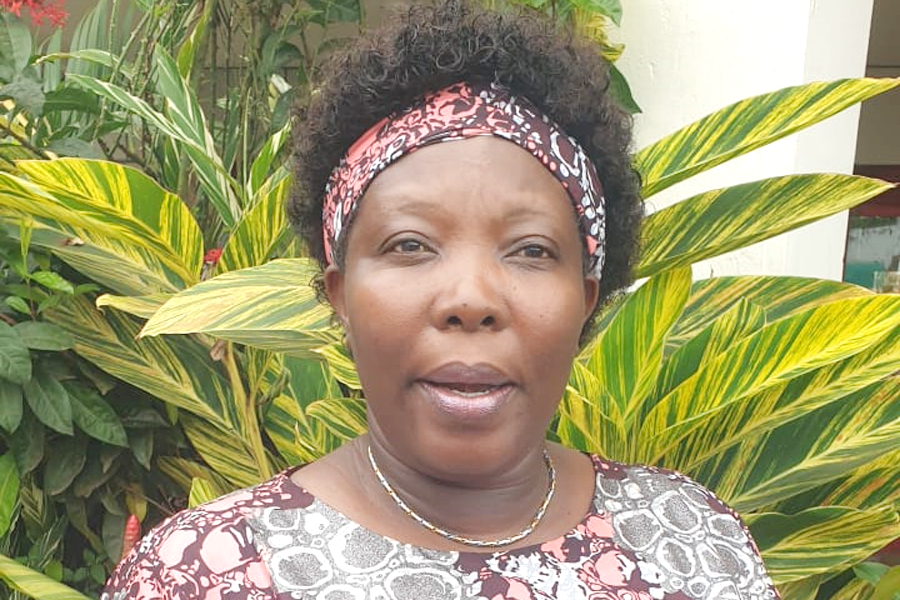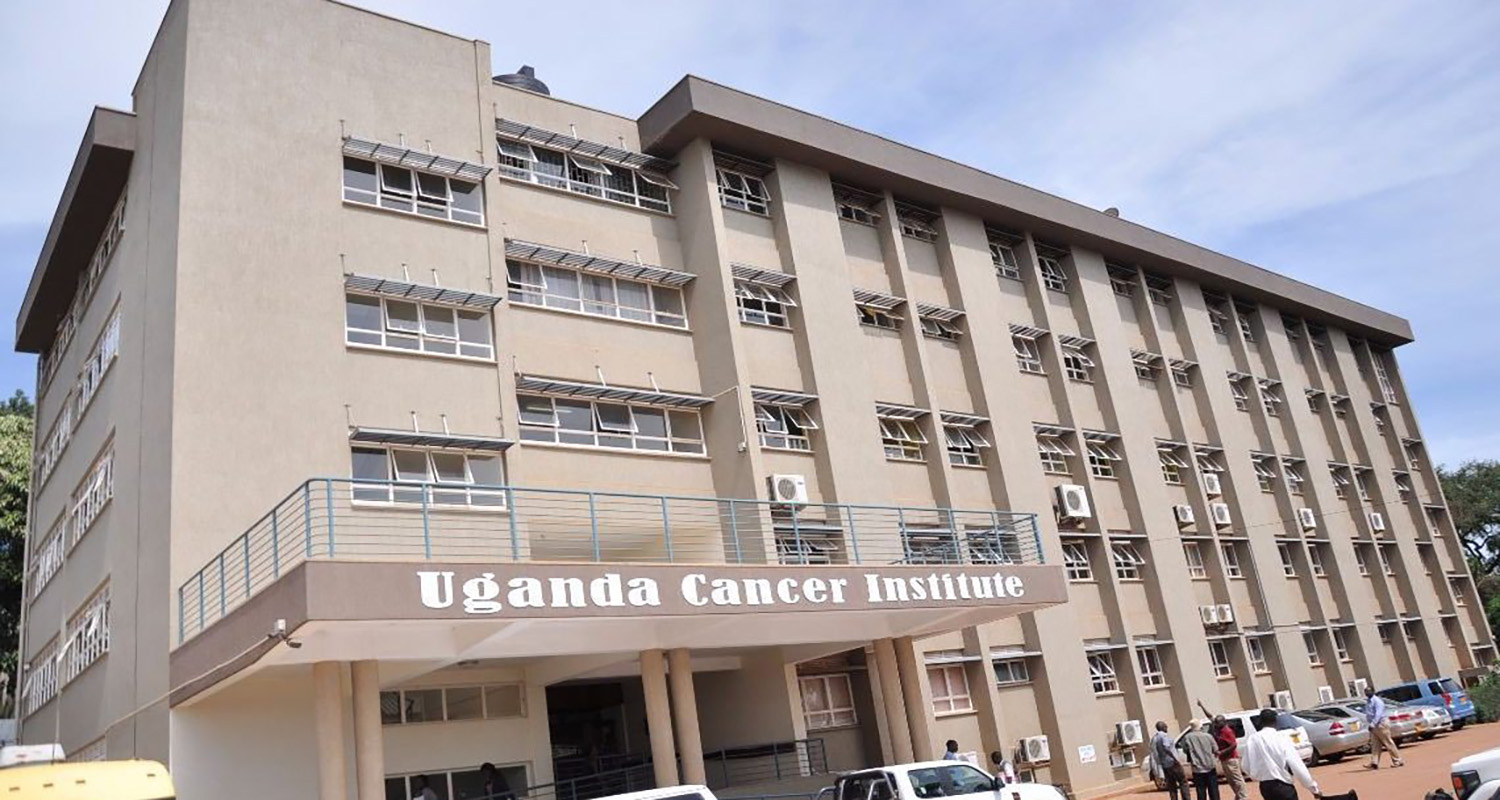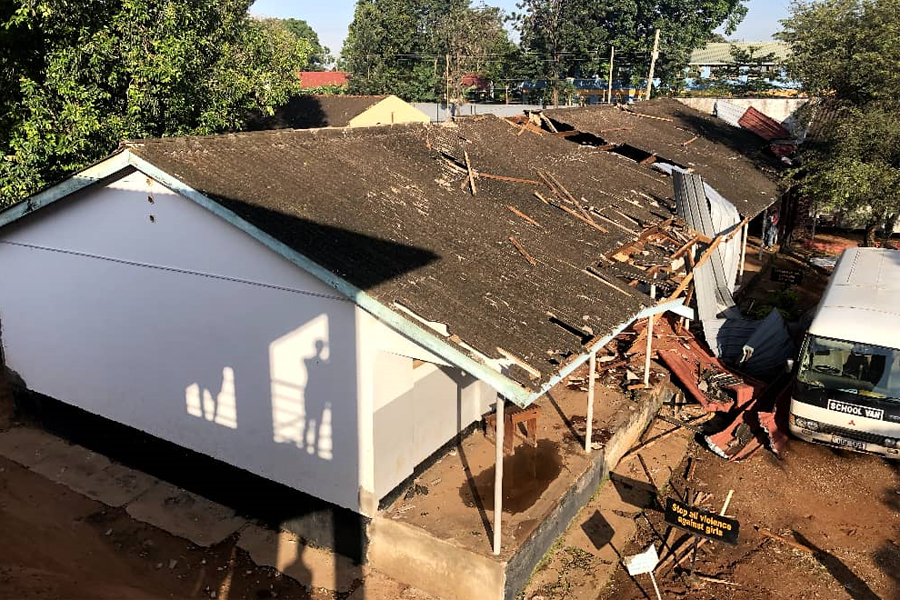Refugee, host communities find relief and stability in Orange-fleshed Sweet potato
In the heart of Uganda's Palorinya Camp in Obongi District, a South Sudanese refugee named Christine Julu has found a glimmer of stability amidst the challenges of adjusting to a new environment.
With a particular focus on ensuring sufficient and nutritious food for her family, Christine's journey has been made smoother through the collaborative efforts of the Government of Uganda, humanitarian agencies, and the International Potato Center (CIP).
Keep Reading
The collaboration between the World Food Program (WFP), Lutheran World Federation (LWF), and CIP under the Development and Delivery of Biofortified Crops (DDBIO) project, funded by the Foreign, Commonwealth and Development Office (FCDO), has proven to be a lifeline for refugees like Christine.
The project's primary focus has been to promote orange-fleshed sweet potato (OFSP) as a solution to food security challenges, offering a high-yielding and early maturing crop that also serves as a low-cost source of essential vitamin A for both refugees and host communities.
The nutritional significance of OFSP cannot be understated. With a growth period of just 90-120 days, this crop becomes an ideal choice for enhancing food security. Moreover, a mere 100 grams of boiled OFSP root fulfils a child's daily requirement for vitamin A, crucial for their health and development.
Christine and fellow refugees found themselves planting sweetpotato in small plots assigned by the government, receiving not only sweet potato vines and agronomic training from CIP but also crucial support from LWF, who distributed the vines to farmers.
"The collaborative effort between various agencies and the Government has brought stability to the lives of refugees like us” stated Julu.
The collaborative effort extended to nutritional training, including the use of Health Baby Tool Kits (HBTs) for the well-being of children, expectant mothers, and lactating mothers.
Overcoming significant logistical and security obstacles, CIP and its partners established three vine multipliers within the communities to ensure a steady supply of vines. The initiative's success has been upheld even during the COVID-19 pandemic, with special attention paid to safeguarding vulnerable populations.
Moving further afield, approximately 400 kilometres away from the Palorinya Camp, the Karimajong people residing in Kotido have also benefited from CIP's outreach efforts. In collaboration with Mercy Corps, WFP, and Andre Foods International (AFI), CIP brought its expertise to a region where food insecurity and malnutrition were dire.
The Karamojong, primarily pastoralists with limited crop diversity, faced yearly struggles due to hunger, malnutrition, and the challenges posed by cattle rustling.
The story of Morunyang Chabit, a vine multiplier in Kotido's Kacheri sub-county, showcases the transformative power of these partnerships. Despite facing setbacks, Morunyang managed to rebound.
CIP's dedication to promoting technologies has also borne fruit in the form of the adoption of OFSP within the Karamoja sub-region. The crop's high yields, early maturity, and drought tolerance have led households to embrace it, allowing them to better cope with the harsh and fragile conditions they inhabit.
In an effort to enhance resilience, CIP and its partners are training farmers in climate-smart technologies like the root-based Triple S, (storage in sand and sprouting) aimed at conserving roots to then sprout sweet potato vines for subsequent planting seasons.
Schools are emerging as another promising avenue for progress, with school farms not only providing sustenance for children but also serving as vine sources for the community. This aligns with the WFP-driven initiative "Karamoja feeds Karamoja," reinforcing the collaborative spirit that underpins these efforts.
In a world marked by challenges, the story of Christine Julu, the Karamojong people, and the various stakeholders involved serves as a testament to the transformative power of partnerships, innovation, and a shared commitment to tackling food security and nutritional challenges head-on.


